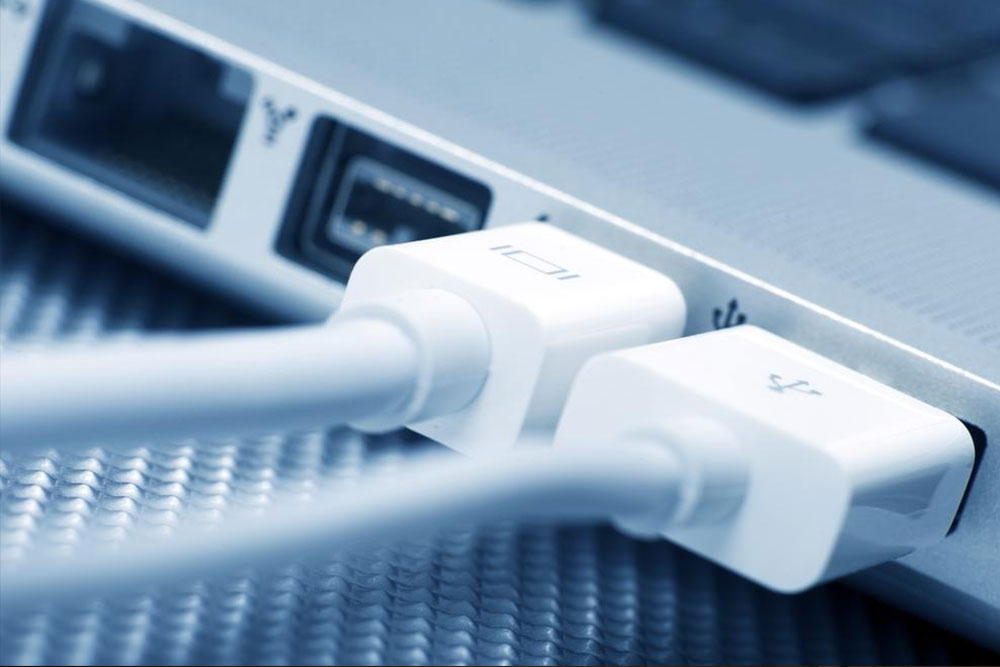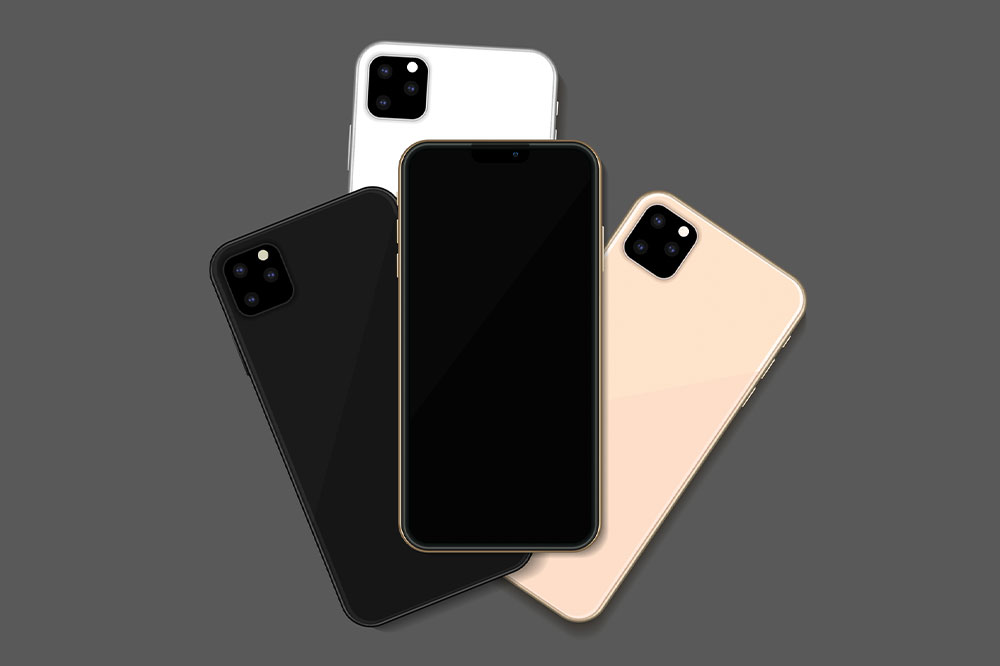Essential Guide to Choosing the Right Laptop for Your Needs
Choosing the right laptop requires considering factors like size, performance, battery life, and security features. This comprehensive guide helps users compare models based on their individual needs, ensuring a well-informed purchase that offers excellent value and durability. Whether for work, gaming, or casual use, understanding these key factors simplifies the selection process and guarantees long-term satisfaction.

Essential Guide to Choosing the Right Laptop for Your Needs
In today’s digital age, finding the ideal laptop can be a complex task due to the overwhelming variety of models, brands, and specifications available in the market. Whether you're a student, professional, gamer, or casual user, understanding what features matter most ensures you make an informed decision that aligns with your needs and budget. The process involves careful consideration of multiple factors, including device size, performance capabilities, battery life, security features, and overall build quality. This comprehensive guide aims to walk you through the key aspects to consider when selecting a laptop, helping you find a device that offers excellent value and meets your specific requirements.
Before diving into the details, it’s crucial to identify your primary usage scenarios. Are you looking for a lightweight ultrabook for mobility, a powerful gaming machine, or a versatile notebook capable of handling both work and entertainment? Clarifying your main needs will streamline your choices and prevent unnecessary expenses on features you won't use. Once you know your primary purpose, you can compare models based on essential specifications and features, ensuring a perfect match.
One of the first considerations is the form factor and size. Laptops come in various sizes, typically measured diagonally in inches, ranging from ultra-portable 11-13 inch models to large 17- or 18-inch gaming setups. Smaller models are perfect for portability and quick tasks, while larger screens provide more workspace and comfort for extended use. Additionally, weight matters; lightweight laptops are easier to carry, making them ideal for frequent travelers or students, whereas heavier devices might offer enhanced performance and durability.
Another critical factor is performance. The processing power of a laptop is determined mainly by the CPU. For everyday tasks such as browsing, streaming, or document editing, an entry-level Intel Core i3 or AMD Ryzen 3 processor may suffice. For more demanding activities like photo editing, 3D rendering, or gaming, consider higher-end options such as Intel Core i5/i7/i9 or AMD Ryzen 5/7/9 processors. Alongside the CPU, RAM plays a vital role; 8GB of RAM is usually the minimum for smooth multitasking, but 16GB or more is recommended for intensive applications or future-proofing.
Storage options are equally important. Solid State Drives (SSDs) provide faster data access, quicker boot times, and improved overall performance compared to traditional Hard Disk Drives (HDDs). Consider a hybrid setup or a combination of SSD for the operating system and HDD for storage if you need ample space for files, videos, or games. Typical storage capacities range from 128GB for basic models to 1TB or more for power users.
Battery life is a pivotal aspect, especially for those who work on the go or travel frequently. Manufacturers often advertise impressive battery durations, but real-world performance depends on how you use the device. Factors such as screen brightness, workload, background processes, and Wi-Fi usage influence battery longevity. Always look for reviews and user feedback on battery performance to ensure the laptop you choose can last through your daily activities without frequent recharges.
Security features have gained importance in recent years. Biometric authentication options like fingerprint scanners and facial recognition via Windows Hello enhance device security, providing quick and secure logins. For professionals handling sensitive data, advanced security measures such as Trusted Platform Module (TPM) and hardware encryption are worth considering.
Connectivity options are essential for a seamless workflow. Ensure the laptop offers a variety of ports, including USB-A, USB-C, HDMI, SD card readers, and headphone jacks, to connect peripherals, external displays, and storage devices. The availability of Wi-Fi 6 and Bluetooth 5.0 or higher ensures faster and more reliable wireless connections, which are particularly important for remote work or online gaming.
Build quality and durability also influence the longevity of your investment. Devices designed with high-quality materials and features like spill-resistant keyboards, reinforced chassis, and rugged designs withstand daily wear and tear better. For users prone to frequent travel or outdoor work, a sturdy design minimizes the risk of damage and ensures your device remains functional over years of use.
Performance capabilities, in particular, depend on the processor type and amount of RAM. For tasks that involve multitasking, content creation, or intensive applications, a powerful processor combined with sufficient RAM ensures smooth operation. Striking a balance between a device’s capabilities and your budget is crucial—overspending on unnecessary high-end features might be wasteful if your needs are modest.
In summary, selecting the right laptop involves a careful comparison of several critical factors. By assessing your usage needs, prioritizing features such as performance, portability, security, and battery life, and evaluating build quality, you can make an informed decision. Taking the time to research and review options ensures you find a laptop that not only fits your requirements but also delivers reliable, long-term performance. Investing in the right device can enhance your productivity, entertainment experience, and overall satisfaction, making the purchase well worth the effort.





